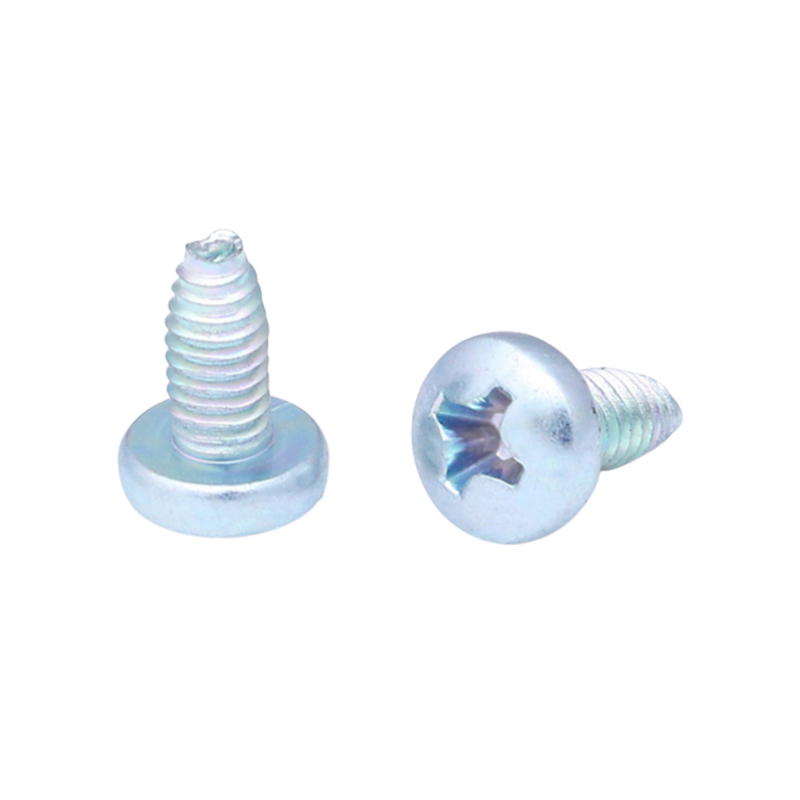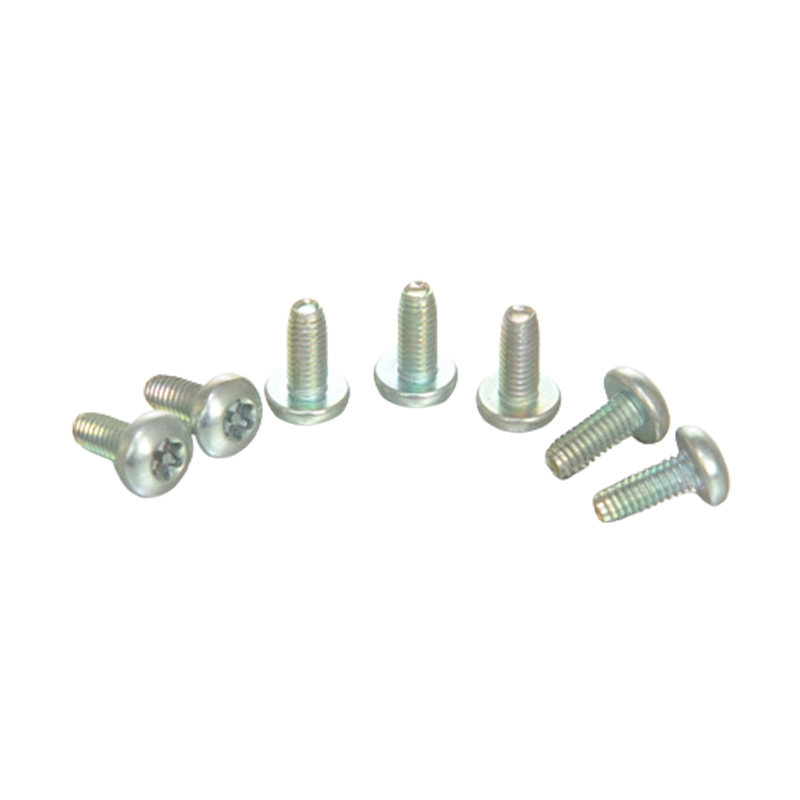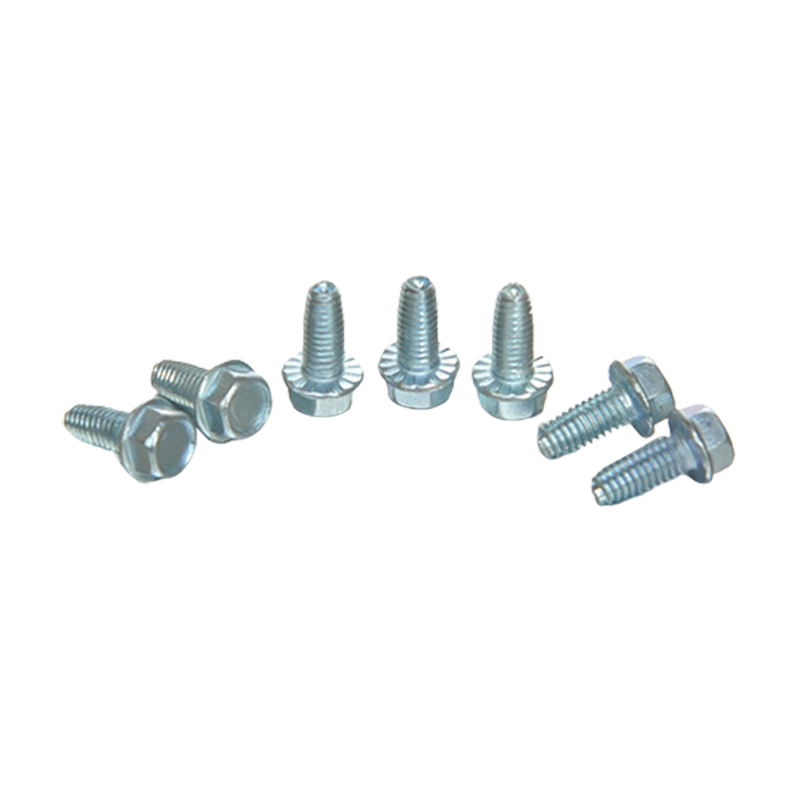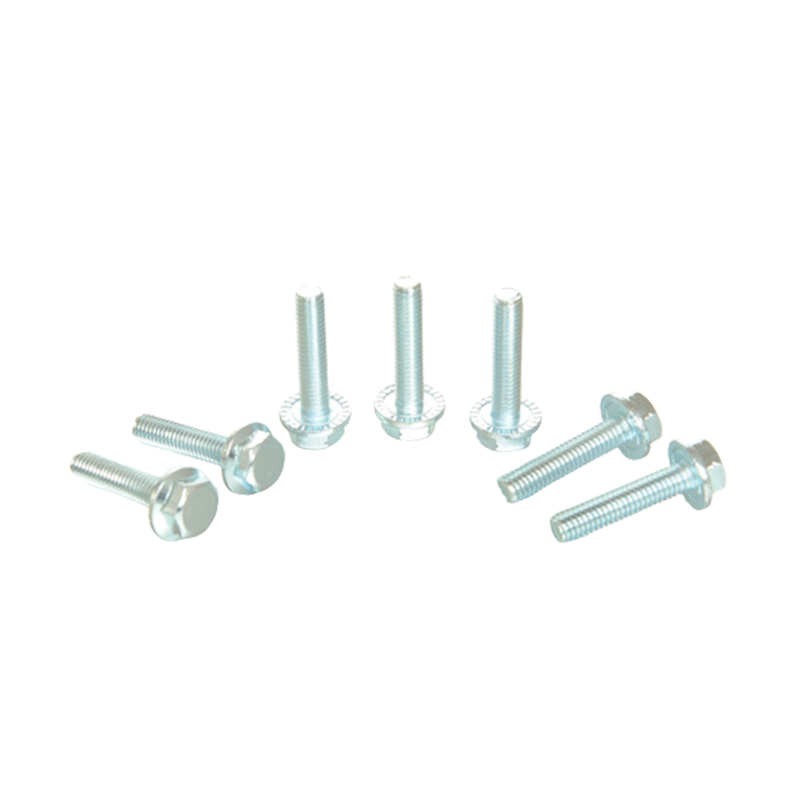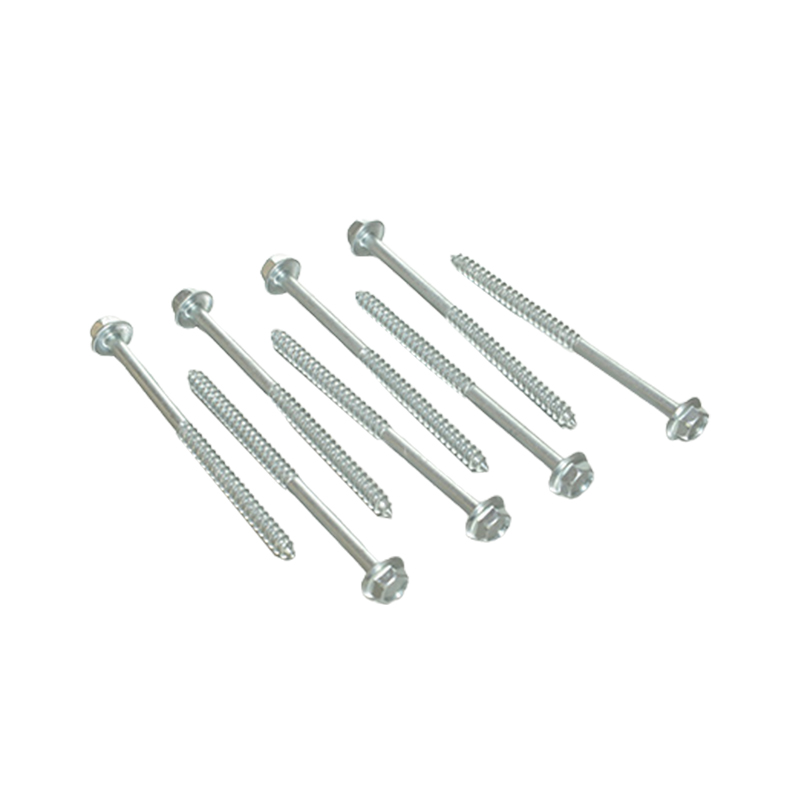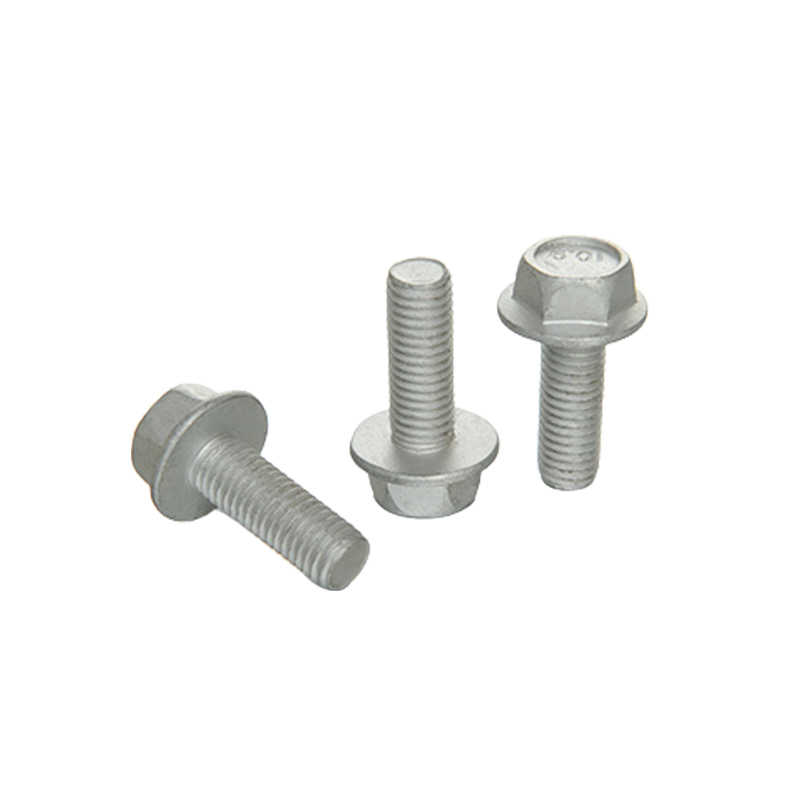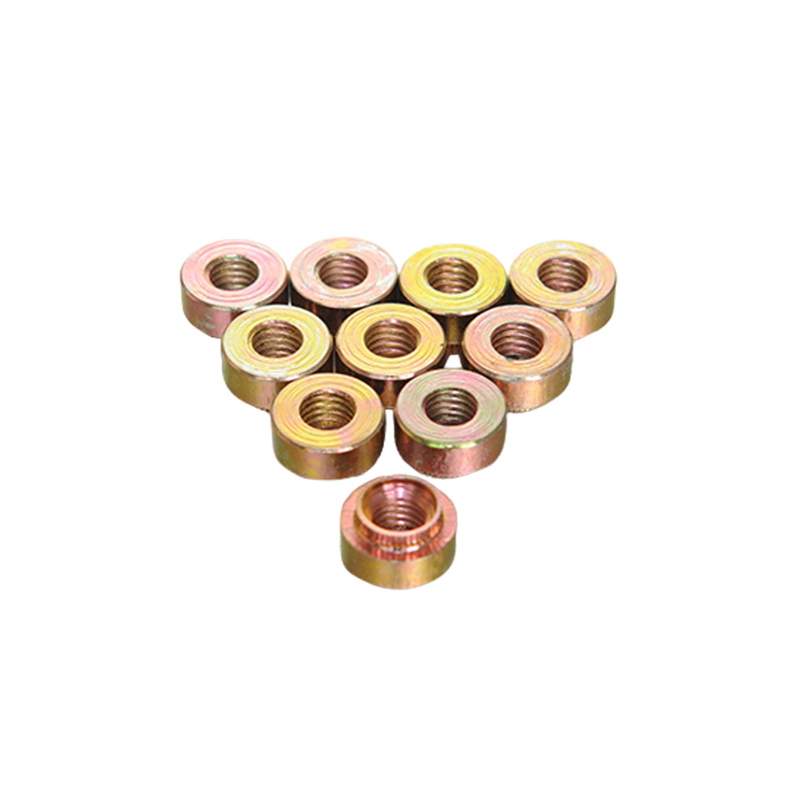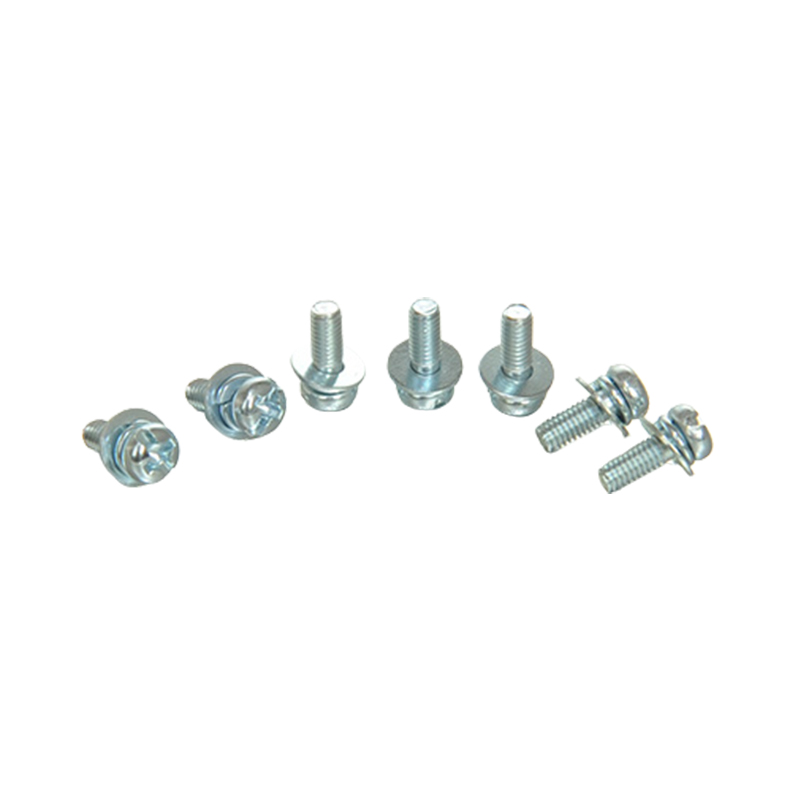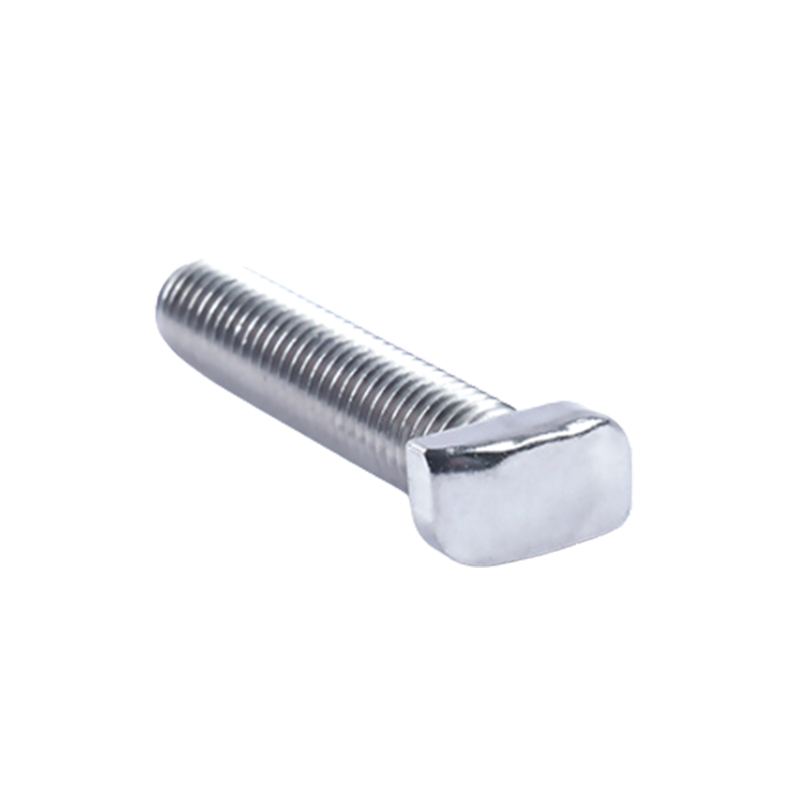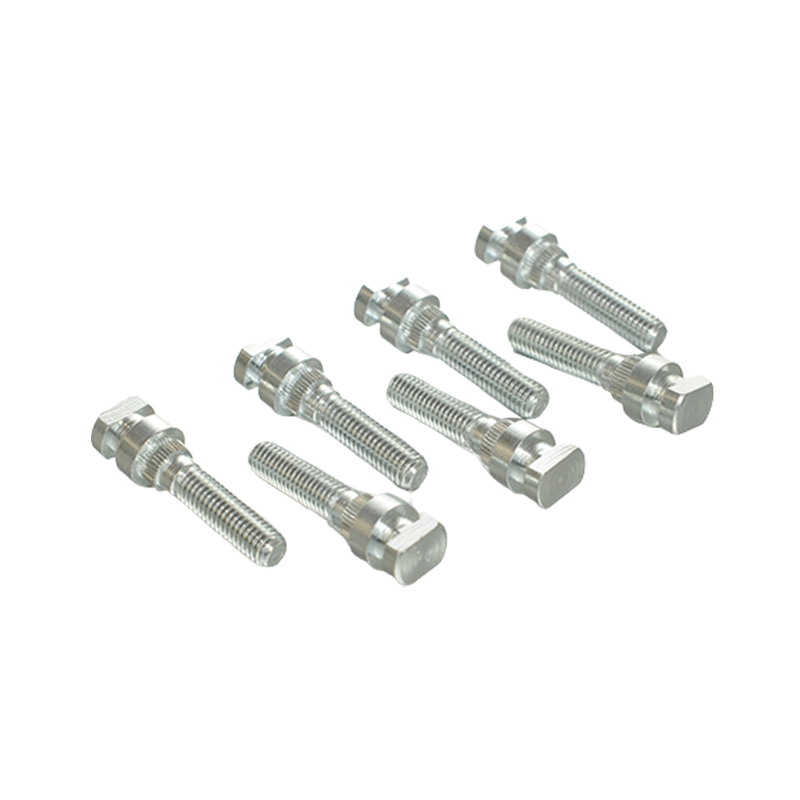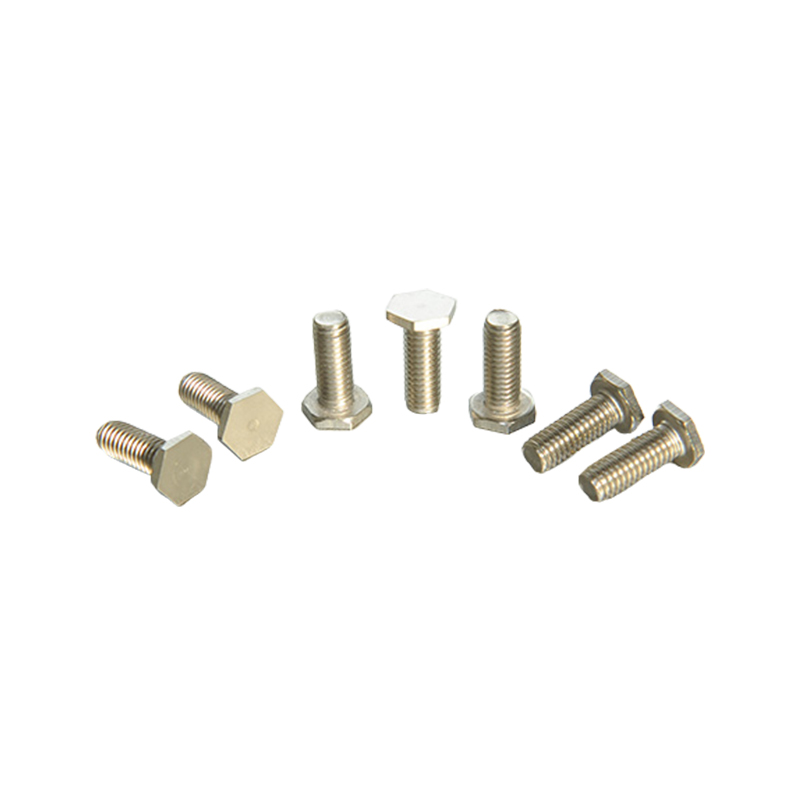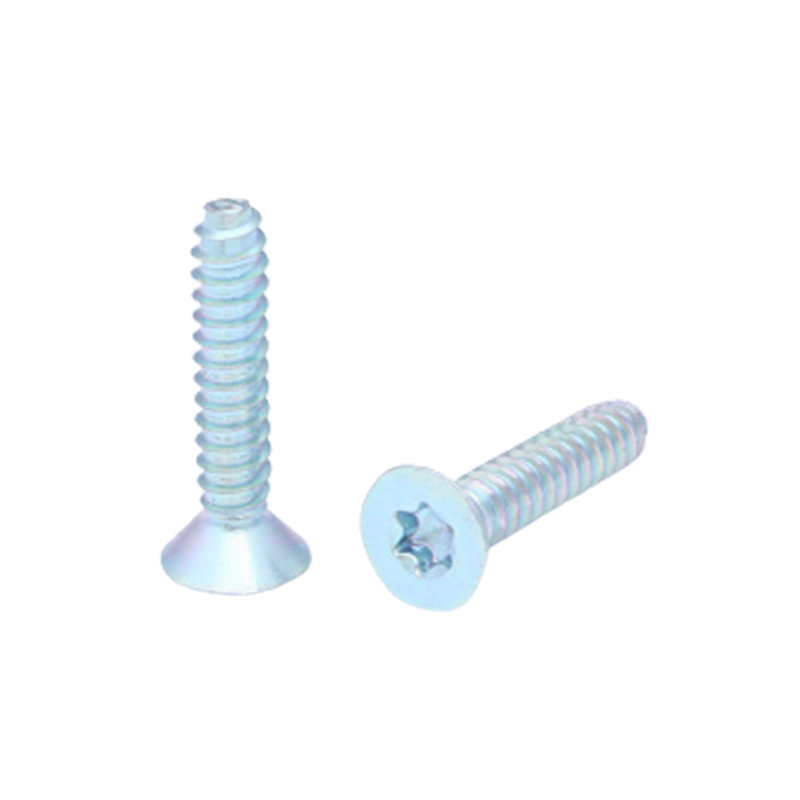Combination screws can offer comparable or superior corrosion resistance to other screw types, depending on their material composition and protective coatings.
Stainless Steel Combination Screws:Corrosion Resistance: Stainless steel screws are highly resistant to corrosion due to their chromium content, which forms a protective oxide layer.Performance: These are ideal for outdoor or high-moisture environments, such as marine applications or areas prone to humidity.Comparison: Stainless steel combination screws perform better than most carbon steel screws or those with simple coatings.
Carbon Steel Combination Screws:Corrosion Resistance: Carbon steel screws are prone to rust unless coated with a protective layer (e.g., zinc or black oxide).Performance: Less corrosion-resistant than stainless steel, especially in humid or wet conditions.
Brass or Aluminum Combination Screws:Corrosion Resistance: Brass and aluminum screws naturally resist corrosion due to their non-ferrous nature.Performance: Brass screws are excellent for decorative or light-duty indoor applications, while aluminum is suited for lightweight and non-structural outdoor use.
Zinc-Plated Combination Screws:Corrosion Resistance: Zinc plating provides a thin protective layer to prevent rust. However, this layer may degrade over time, especially in harsh or abrasive environments.Performance: Suitable for indoor use or dry climates, but less effective in highly corrosive or wet conditions.
Hot-Dipped Galvanized Screws:Corrosion Resistance: Hot-dip galvanization creates a thicker, more durable zinc layer compared to electroplating.Performance: Provides excellent corrosion resistance for outdoor or heavy-duty applications, outperforming basic zinc-plated screws.
Black Oxide Coating:Corrosion Resistance: Offers minimal protection against rust but improves aesthetics. Requires additional oil or wax treatments to enhance resistance.Performance: Suitable for indoor applications but not recommended for high-moisture environments.
Powder Coated or Painted Screws:Corrosion Resistance: A painted or powder-coated surface adds an additional protective barrier against moisture.Performance: Commonly used in decorative or outdoor applications but prone to damage if the coating is scratched.
Indoor Use:Combination screws with basic zinc plating or black oxide coatings perform adequately in indoor environments where moisture and humidity levels are low.
Outdoor Use:Stainless steel or hot-dip galvanized screws are better choices for outdoor use, as they withstand rain, humidity, and temperature fluctuations.Marine or Extreme Environments:In highly corrosive environments like coastal areas or chemical industries, stainless steel (316-grade) or specially treated screws are recommended.
Against Standard Phillips or Slotted Screws:Combination screws made from the same material as standard screws (e.g., zinc-plated steel) will perform equally in terms of corrosion resistance.The head design (combination vs. standard) does not inherently affect corrosion resistance but may influence how easily the screw head traps moisture or dirt.
Against Specialty Screws:Deck Screws: Often coated with proprietary corrosion-resistant finishes, deck screws may outperform standard combination screws in outdoor applications.Self-Tapping Screws: If made from stainless steel or galvanized steel, self-tapping screws provide equivalent corrosion resistance to combination screws.
Application-Specific Needs:Choose the screw material and coating based on the environmental exposure and longevity requirements.Maintenance:Periodic cleaning and application of protective sprays (e.g., silicone-based coatings) can enhance the lifespan of combination screws in corrosive environments.
Combination screws perform well in terms of corrosion resistance when made from durable materials (like stainless steel) or treated with effective protective coatings (like galvanization). However, their performance is comparable to other screw types with similar material and coatings.


